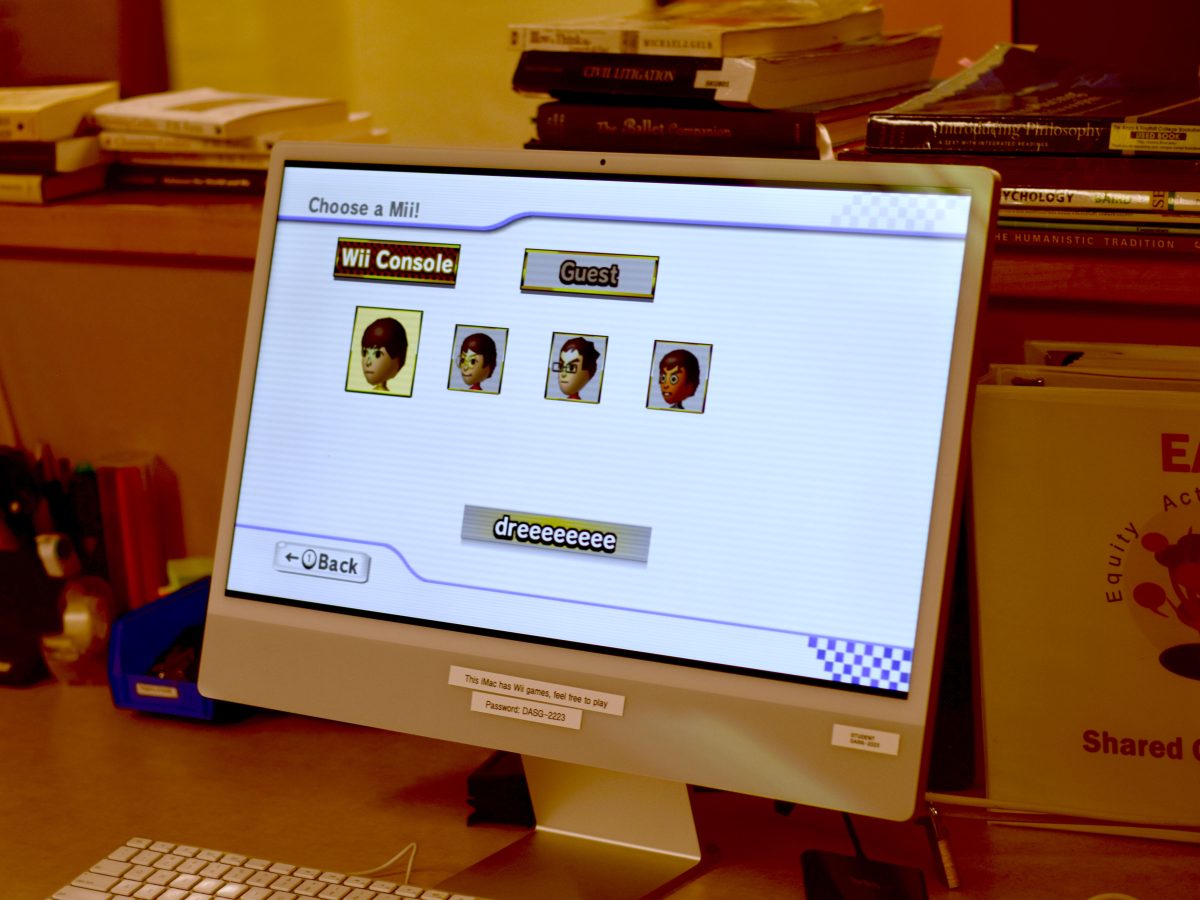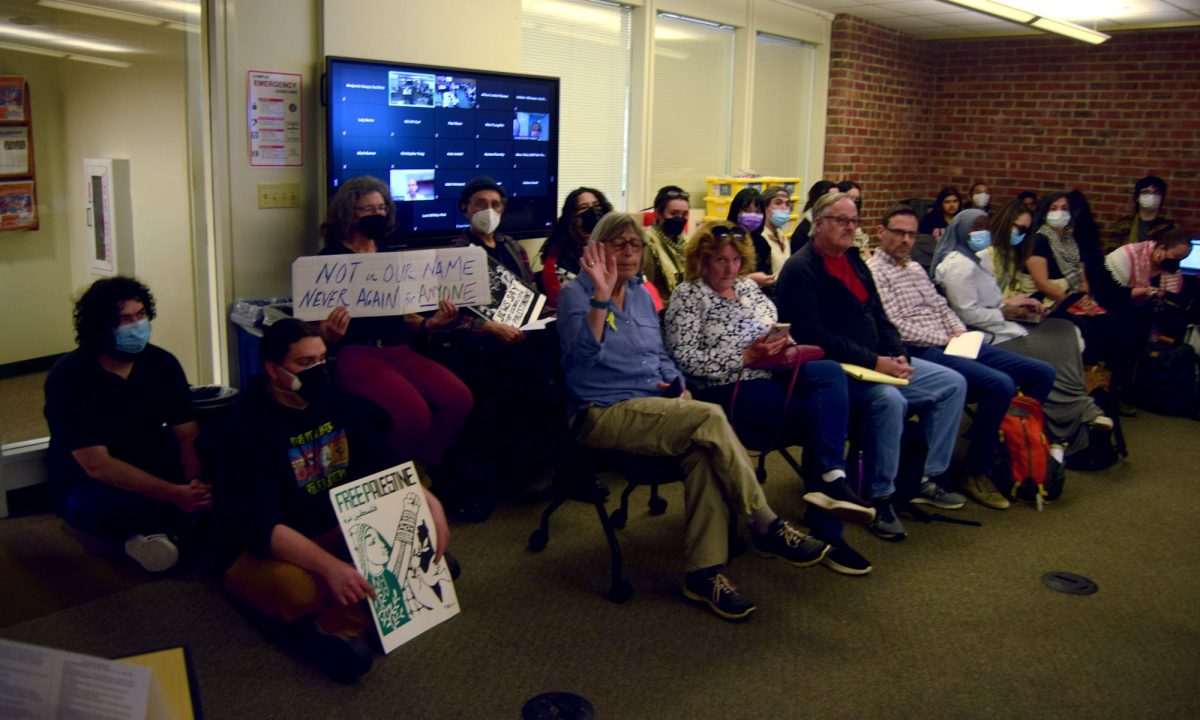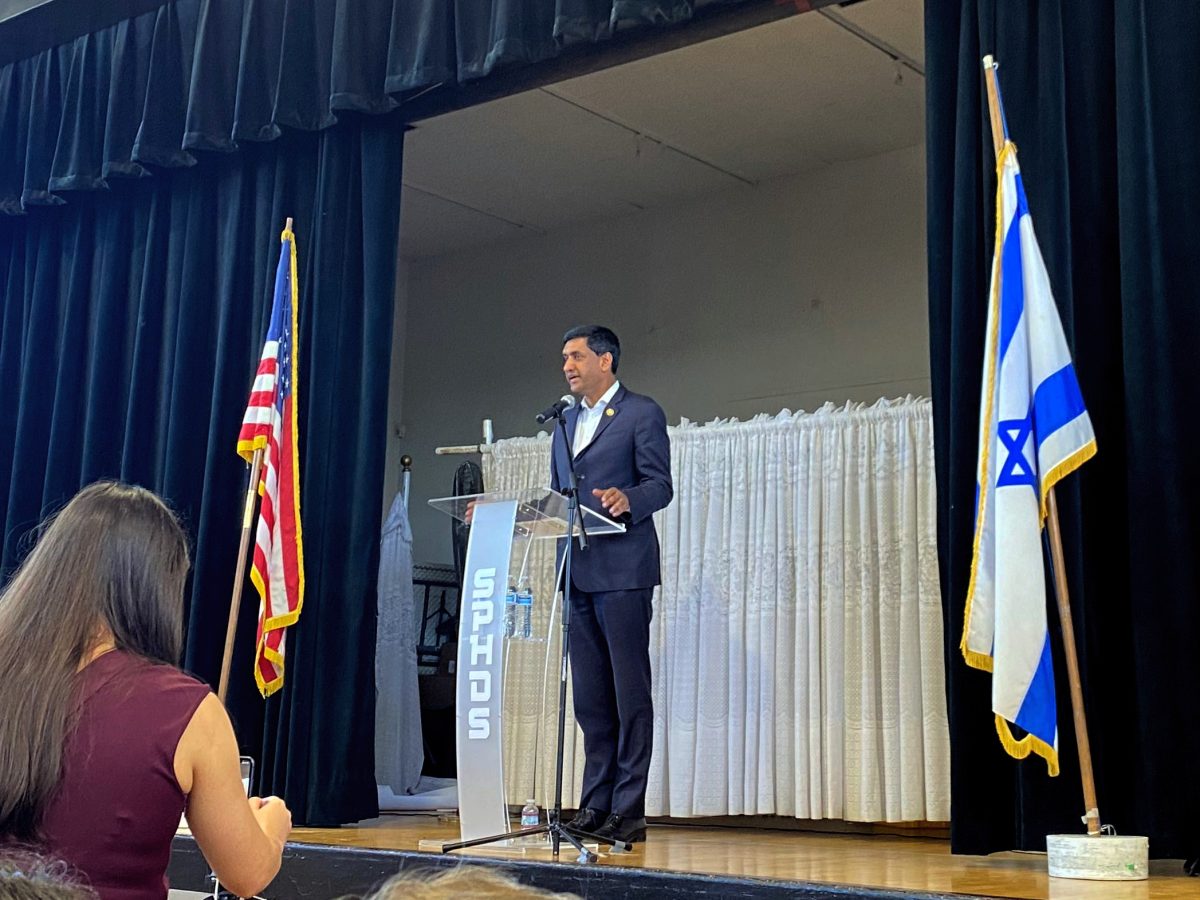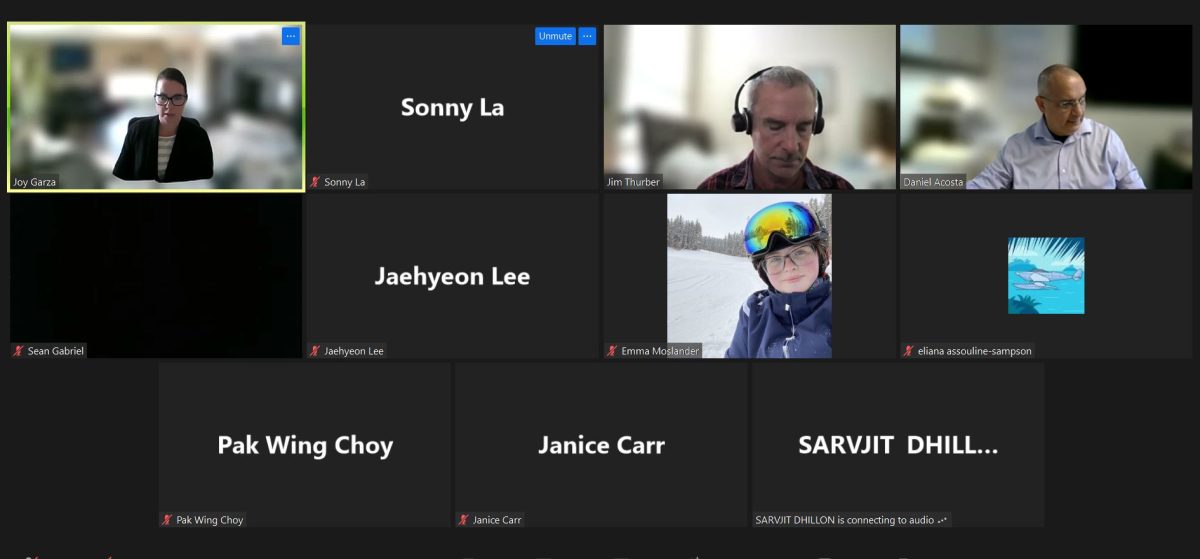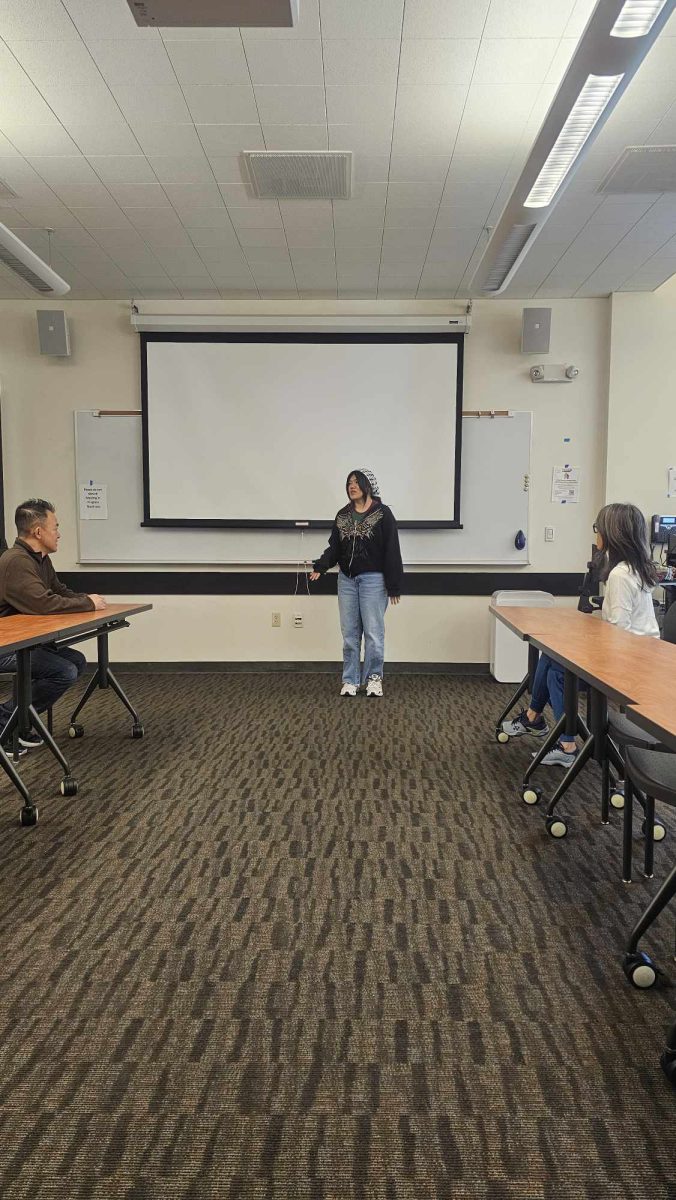A federal judge issued an order to the military Oct. 12, to cease enforcement of the “don’t ask, don’t tell” law, which forbids gay and bisexual soldiers from serving in the military if they are openly gay.
In his ruling that halted the 1993 law, holding the policy unconstitutional, Judge Virginia Phillips of U.S. District Court for the Central District of California wrote that ” ‘don’t ask, don’t tell’ infringes the fundamental rights of United States service members and prospective service members.”
Phillips said that the law impedes soldiers’ freedom of expression as well as their personal lives. She added that the law hurt the strength of the military by excluding qualified military personnel if they happened to be gay.
Phillips’ injunction ordered the U.S. military to “immediately … suspend and discontinue any investigation, or discharge” of military personnel based on whether they were gay or straight.
Gay rights advocates consider the law a positive step in their direction and for the United States.
“Lifting the ban on open service will allow our armed forces to recruit the best and brightest,” said Christina Berle, acting executive director of the gay organization called Log Cabin Republicans, to the New York Times.
Berle added that because of the federal injunction, the armed forces will “not have their hands tied because of an individual’s sexual orientation.”
Berle’s group served as the plaintiff in Log Cabin Republicans v. United States, where it was ruled last Tuesday that the “don’t ask, don’t tell” law was an unconstitutional restriction on gay rights.
“We sort of won the lottery,” the named plaintiff in the case, Alexander Nicholson, said to the New York Times about the courts’ decision.
Log Cabin Republicans’ lawyer, Dan Woods, said he would do everything he could to stop any block of Phillips’ order to ban the discharging of gays in the military.
“We have patriotic members of our armed forces who happen to be homosexuals, who are fighting and dying for our constitutional rights, while government is depriving them of theirs,” Woods said to the San Francisco Chronicle. He added that President Barack Obama would be hypocritical if he did anything to oppose the ruling.
The government can file an appeal within 60 days, and is likely to do so.
Richard Socarides, a former adviser to President Bill Clinton on gay rights issues, said that a government appeal could carry potential risks.
“There will be an increasingly high price to pay politically for enforcing a law which 70 percent of the American people oppose and a core democratic abhors,” Socarides told the New York Times.
Despite concerns of overturning Phillips’ ruling, UCLA law professor Adam Winkler told the San Francisco Chronicle that he believes that the Ninth Circuit appeals court will likely uphold the ruling.
Elizabeth Hillman, a former Air Force Captain and Hastings College of the Law professor who was an indirect victim of “don’t ask, don’t tell” during her seven years in the military, was happy with the ruling.
“I was one of the many silent casualties of the policy,” she said. “I can’t believe we still have this policy after all these years.”
The “don’t ask, don’t tell law” began as a compromise to allow homosexuals a chance to serve in the military. Before the law, gay, lesbian and bisexuals were forbidden from joining the armed forces. The new law, however, allowed them to serve, but those who revealed their homosexual orientation or engaged in homosexual acts were subject to dismissal from the military. Superiors were also forbidden to ask soldiers about their sexual orientation.
Since 1993, about 12,500 gay men and lesbians have been discharged from the military when either they or others revealed their sexual orientation.



